The New Markets for State-Inspected Meat and Poultry Act (S. 1720)
to amend the Federal Meat Inspection Act and Poultry Products Inspection Act to allow products from non-federally inspected meat and poultry products to be sold in interstate commerce.
Background:
Per these long-standing statutes, all meat and poultry sold commercially into interstate commerce must be inspected by the USDA’s Food Safety and Inspection Service (FSIS). Trained federal inspectors are on hand at all times monitoring plant operations from start to finish to ensure everything from the health of incoming animals, their humane handling, as well as the safety of the meat before and during processing. This system guarantees that the end-product sold to consumers is safe, wholesome and correctly labeled.
Additionally, federal inspectors check the facilities and all of the processing equipment to ensure sanitary conditions, as well as reviewing all plant records to accurately document the plant’s verification and compliance with all applicable requirements and standards.
In lieu of federal inspection, certain meat and poultry plants which produce products to be sold only within the state in which they operate can be exempted from federal inspection if the state offers its own inspection program. A total of 25 states operate such programs for both poultry and meat and an additional 2 states maintain programs for red meat only.
NAMI Position:
The New Markets for State-Inspected Meat and Poultry Act is, …
v Unnecessary: First, smaller slaughter and processing plants are eligible to produce under federal inspection; some make the business decision to participate, but others make the decision to opt and instead operate under state inspection.
Advocates of allowing interstate shipment of meat from state inspected plants often draw the false dichotomy of “big plants” versus “small plants.” They claim that access to the federal food safety inspection program is restricted or somehow prohibitive for small meat and poultry slaughter and processing plants. That is not the case, as the following data from USDA shows.
Size of Facilities |
Number of Federally Inspected Plants |
Small (more than 10 but fewer than 500 employees) |
2,329 |
Very Small (fewer than 10 employees or less than $2.5M in annual sales) |
2,866 |
Second, federal law already provides a clear and effective pathway to allow state inspected plants to sell products across state lines. That pathway is provided by the Cooperative Interstate Shipment (CIS) program which was put in place more than a decade ago by the 2008 farm bill. To date, only 7 states have adopted the CIS. Thus, the roadblock to wider participation in interstate shipments of meat and poultry has been at the state, not federal, level.
Proponents of allowing state inspected plants to ship products into interstate commerce often cite the requirement that state inspection standards be at least “equal to” federal standards. But “equal to” is not “same as.” The CIS is a means to verify that both standards and enforcement meet that threshold.
Under the CIS program, approved small state inspected plants may opt to market their products outside their own state, if the state inspectors are 1) federally trained, and 2) if they enforce actual federal standards – not just the equal to benchmarks which state programs must currently meet. These specific federal requirements range from sanitary conditions, to approving label claims, to adopting hazard analysis protocols, all the way to using approved water sources and waste disposal systems.
The CIS, which was carefully crafted during the 2008 farm bill, is working, … more than 65 plants with fewer than 25 employees located in six states already are inspected under the program with several new plants have been added just this year, including as recently as late March 2020. Iowa implemented a CIS agreement with the FSIS in May 2020.
v Ineffective: The recent disruptions to the livestock and meat supply chains caused by COVID19 would not be fixed by lowering federal food safety inspection standards. The champions of this proposal argue that allowing state inspected plants to market in inter-state commerce could relieve the bottlenecks in system caused by COVID. That’s not the case. According to data from the USDA’s National Agricultural Statistics Service (NASS), in 2019 non-federally inspected meat plants supplied less than 1.2 percent of all beef and 0.5 percent of all pork produced in the U.S.
In fact, last year, the combined total annual livestock through-put of non-federally inspected plants was only equal to about 4 days of cattle slaughter and a day-and-half of hog slaughter under federal inspection.
v Unintended Consequences: Without the authority of federal inspection or a state CIS program agreement in place, inspecting states lack the jurisdiction to address any food safety issues once the product is shipped past state lines. That directly undermined domestic consumer protections.
Moreover, under World Trade Organization rules (WTO) requiring “like treatment,” the U.S. could be forced to accept imported meat and poultry regulated under local and provincial rules in foreign countries rather than audited and verified national inspection systems in those countries. Lowering standards would almost certainly increase the amount of beef, pork and poultry imported into the U.S.
Moreover, important export markets which have their own national inspection systems could deny market access to U.S. beef, pork, and poultry, eroding the significant value that exports provide to U.S. farmers and rancher.
None of these unintended consequences is good for the U.S. food safety system, the consumers who rely on it, nor for the U.S. livestock poultry and meat industry.

